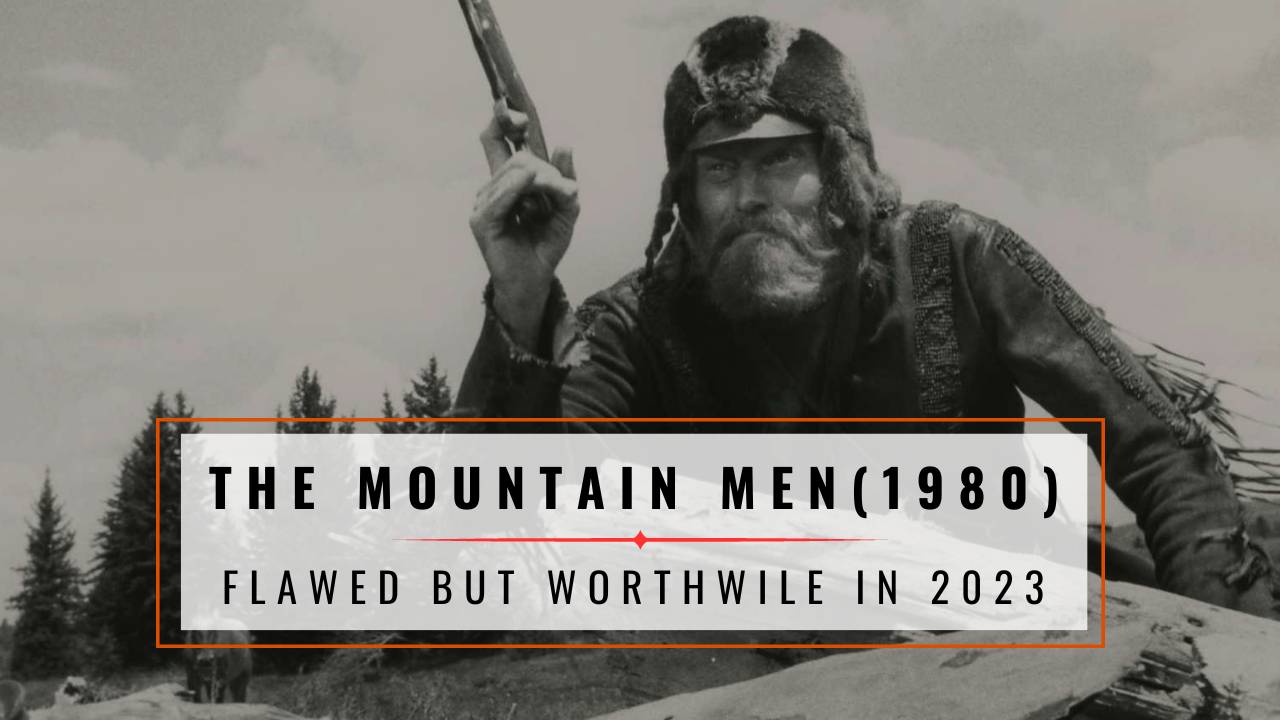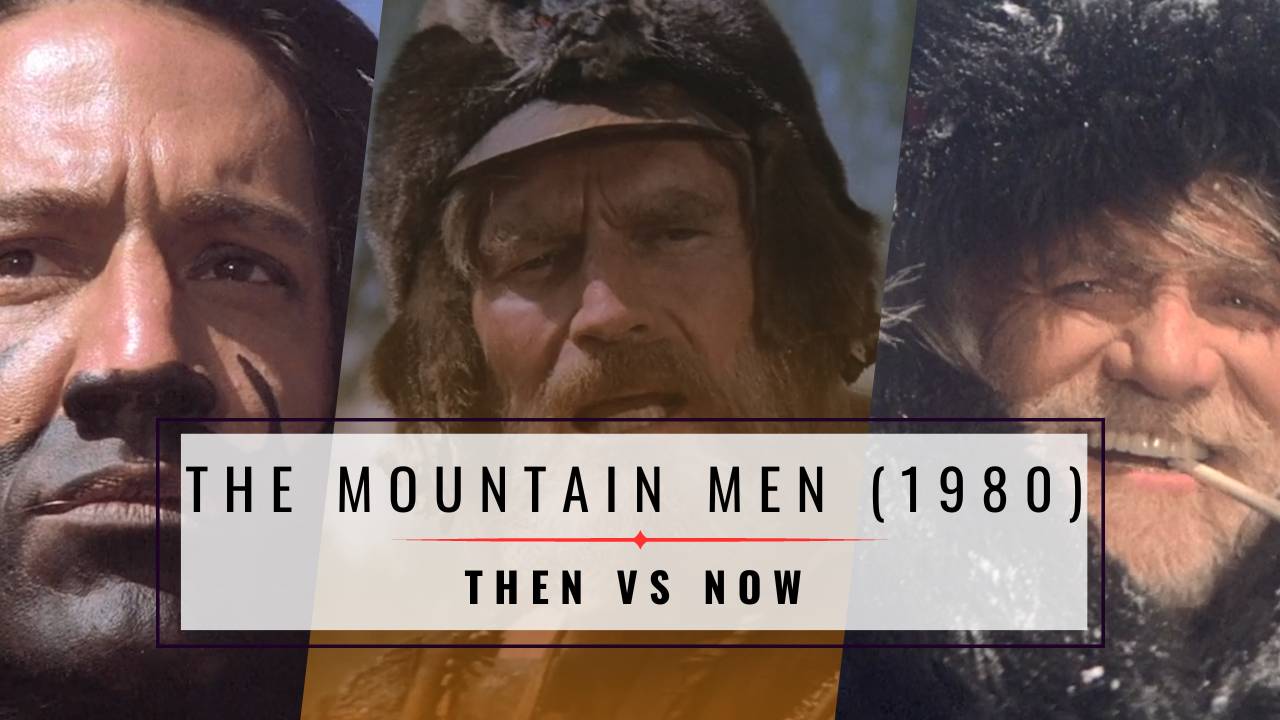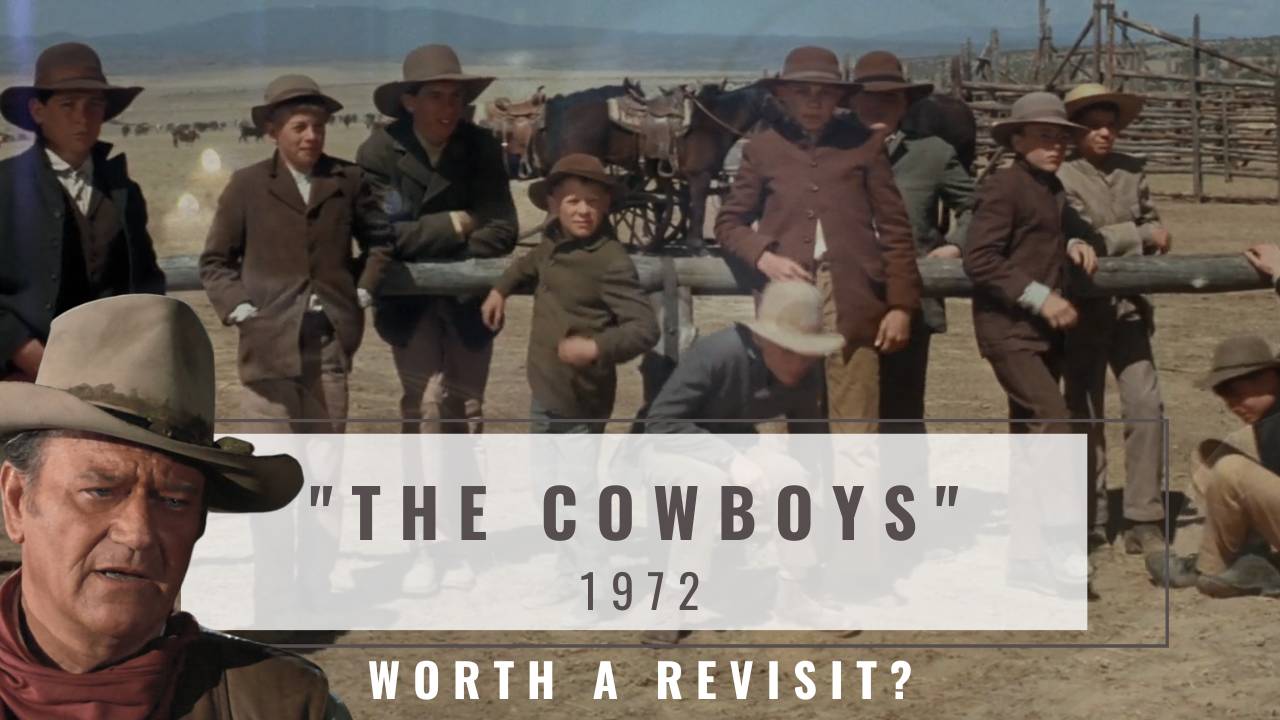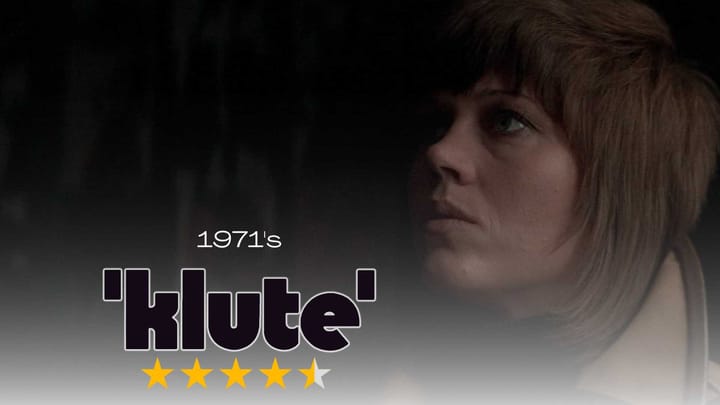The Mountain Men: A Flawed but Worthwhile Frontier Adventure in 2023

The Mountain Men hit theaters in 1980 as an adventure drama set in the untamed American West of the early 1800s. Starring Charlton Heston and Brian Keith as veteran fur trappers, the film aims to depict a vanishing way of life with grand wilderness cinematography. While The Mountain Men has its shortcomings, including a thin plot and uneven acting, do its strengths ultimately outweigh its flaws enough to deliver an imperfect yet rewarding trip into the past worth revisiting?

Director: Richard Lang
Release Year: 1980
Genre: Adventure/Western
Main Actors:
- Charlton Heston as Bill Tyler
- Brian Keith as Henry Frapp
- Victoria Racimo as Running Moon
Four decades later, let's explore both the positives and negatives this frontier epic has to offer and hopefully help you make your decision.

RELATED

Captivating Wilderness Cinematography
One of The Mountain Men's biggest strengths lies in its extensive location filming showcasing the striking natural beauty of the American West. Cinematographer Michel Hugo makes excellent use of areas like Grand Teton National Park, Yellowstone, and other rugged mountain locations in Wyoming, Montana, and Idaho to transport us into the untamed frontier where the trappers roam.
Shots of icy peaks, surging rivers, thick forests, and open plains immerse the viewer effectively in the vast scale and textures of this environment. The cinematography conveys a vivid sense of the challenges and solitude the trappers face wandering this wilderness. While the imagery may lean more "coffee table book" than cinema at times, the consistent grandeur gives the film an absorbing atmosphere and nostalgia for the unspoiled West.

Charlton Heston's Authoritative Presence
In the lead role of the experienced fur trapper Bill Tyler, Charlton Heston brings his typical grave, commanding presence that often suits the outsized heroes he portrays. With his weathered face, towering physique, and gritty voice, he embodies the unrelenting toughness and independence of the mountain man lifestyle.
While the script limits Heston's acting range, he still projects the seen-it-all weariness and gruff determination of a man shaped by decades living off the land. The role takes advantage of the craggy gravitas Heston could bring to these fading gunslinger types late in his career. He may not deliver his most nuanced work, but Heston's innate authoritativeness remains an asset.
Immersive Historical Textures
As period films go, The Mountain Men takes pains to capture the textures and details of its early 1800s setting fairly accurately. Small touches like the trappers' rough-hewn cabins, their muzzle-loading guns and handcrafted tools, and the scenes of trading at frontier rendezvous help bring the world to life.
We get a sense for the hardships these men faced traversing harsh terrain and weather, their survival methods, and the lonely reality of their isolated existence. While not the most rigorous historical drama, the film authentically conveys the spirit of this distinctive lifestyle vanishing even then. This texture bolsters the elegiac tone.

YOU MAY ALSO LIKE:

A Serviceable Supporting Cast
While not fully fleshed out, the supporting cast provides suitable assistance to Heston's starring role. Brian Keith brings an amiably cranky charm to his sidekick Henry Frapp that plays well off Heston. Their easy rapport conveys years of friendship. Victoria Racimo adds grace and empathy as Running Moon, avoiding stereotypes often associated with native characters of this time period.
The assortment of grizzled mountain men and frontier folk give the film an underlying flinty realism. They help expand the world beyond just Heston. A bit more backstory and development could have further benefited the key supporting roles, but the actors still aid the spirit and tone the story aims for.
“- Bill Tyler: I heard you got in on the money end of this miserable business.
- Henry Frapp: Yep. Packed in supplies, watered down the whiskey, jacked up the prices... and went to tradin' for beaver.
- Bill Tyler: How'd ya do?
- Henry Frapp: I lost my ass!”
A Nostalgic Window Into the Past
While The Mountain Men takes historical liberties with its fictional tale of Bill and Henry, it still provides an absorbing window into the unique era of the mountain men and the fur trade of the early 1800s. We see how they lived, worked, and socialized at annual gatherings to sell their hunted and trapped furs. The film conveys the appeal of this independent lifestyle along with its hard realities.
As Heston commented in interviews, the film aimed to show "how it really was" in this period rather than romanticizing it. The film allows us to envision this important but often overlooked chapter of American history and relate to the people living it. For this alone, The Mountain Men offers some positive value.

Uneven Pacing and Plot
While the location filming gives The Mountain Men its visual appeal, the plot often fails to match the spectacle of the settings. Beyond the basic premise of following two aging trappers on their adventures, the narrative lacks dramatic urgency or high stakes. The main conflict revolves around a contrived dispute over hunting grounds that leads to repetitive episodes of confrontation but little character development.
With more attention to storytelling and pacing, the film could have better held viewer interest between the scenic interludes. But the sparse plot makes events play out too leisurely without enough tension or human connection to fully engage us. More resonance in the script could have brought the full potential out of the strong lead duo.
RECOMMENDED:

Dated Visual Effects
Considering its 1980 production, the visual effects in The Mountain Men hold up respectably in some areas while feeling dated in others. The location filming maintains appeal, but imposed matte paintings, model sets, and composited shots often look artificial. The cloud tank simulations and avalanche sequences betray their soundstage origins. By today's seamless CGI standards, these moments take you out of the reality a bit.
But credit is still due to the efforts to capture this frontier world physically through detailed miniatures and sets alongside the evocative Utah filming. The blend of real locations with enhanced effects works better than solely relying on less advanced effects of the time. It was an impressive attempt to depict the setting.

Final Verdict: A Flawed But Rewarding Frontier Tale
While not without its writing and pacing issues, along with visual elements that bear the marks of its time, The Mountain Men nevertheless endures as an entertaining and nostalgic evocation of a defining chapter of American history. Heston imbues his weathered mountain man with weary gravitas. The supporting cast adds color. Michel Legrand score paired with the splendid wilderness cinematography create an absorbing atmosphere and sense of place true to the period.
The skillful location filming stands out in particular, making it easy to overlook the thin storytelling and uneven performances. As a transporting viewing experience that satisfies a craving for the unspoiled frontier, The Mountain Men ultimately delivers enough scenic adventure and historical spirit to warrant revisiting. The American West offers endless potential for cinematic stories, and this imperfect yet affecting trip stands among the more worthwhile.
Frequently Asked Questions about The Mountain Men (1980)
Q: Who starred in The Mountain Men?
A: The Mountain Men starred Charlton Heston as the fur trapper Bill Tyler and Brian Keith as his partner Henry Frapp.
Q: What year was The Mountain Men released?
A: The Mountain Men was released in 1980.
Q: What is The Mountain Men about?
A: The Mountain Men is about two aging fur trappers struggling to maintain their frontier lifestyle in the early 1800s American West as civilization begins encroaching on the wilderness.
Q: Where was The Mountain Men filmed?
A: The Mountain Men was filmed on location in the mountains of Wyoming, Idaho, and Utah including areas of Grand Teton National Park and Yellowstone.
Q: How did critics rate The Mountain Men?
A: Reviews for The Mountain Men were mixed at the time. Some praised the scenic cinematography and Heston's performance, while others found the plot dull and slow-paced.
Q: How historically accurate is The Mountain Men?
A: While fictionalized, The Mountain Men aimed for an authentic representation of the mountain man era based on historical accounts. Some liberties were taken for dramatic purpose.
Q: Why does The Mountain Men still have appeal today?
A: Fans argue The Mountain Men offers appealing adventure, a glimpse into American history, Heston's rugged performance, and the beautifully filmed wilderness landscapes.
Q: What are some of the flaws and criticisms of The Mountain Men?
A: Critics cite the thin plot, slow pace, one-dimensional characters, uneven acting, and dated visual effects as weaknesses of The Mountain Men.
Q: Is The Mountain Men suitable for children?
A: The Mountain Men is rated PG so should be suitable for children, but parents may want to review it first for any violence.
More Recommendations from The Rewind Zone
Please consider Subscribing to this site (It's FREE!) to get your weekly fix of Movie Nostalgia
Please show your support to our enterprise by checking out our Youtube channel, every view keeps us moving...
Happy viewing!





Comments ()